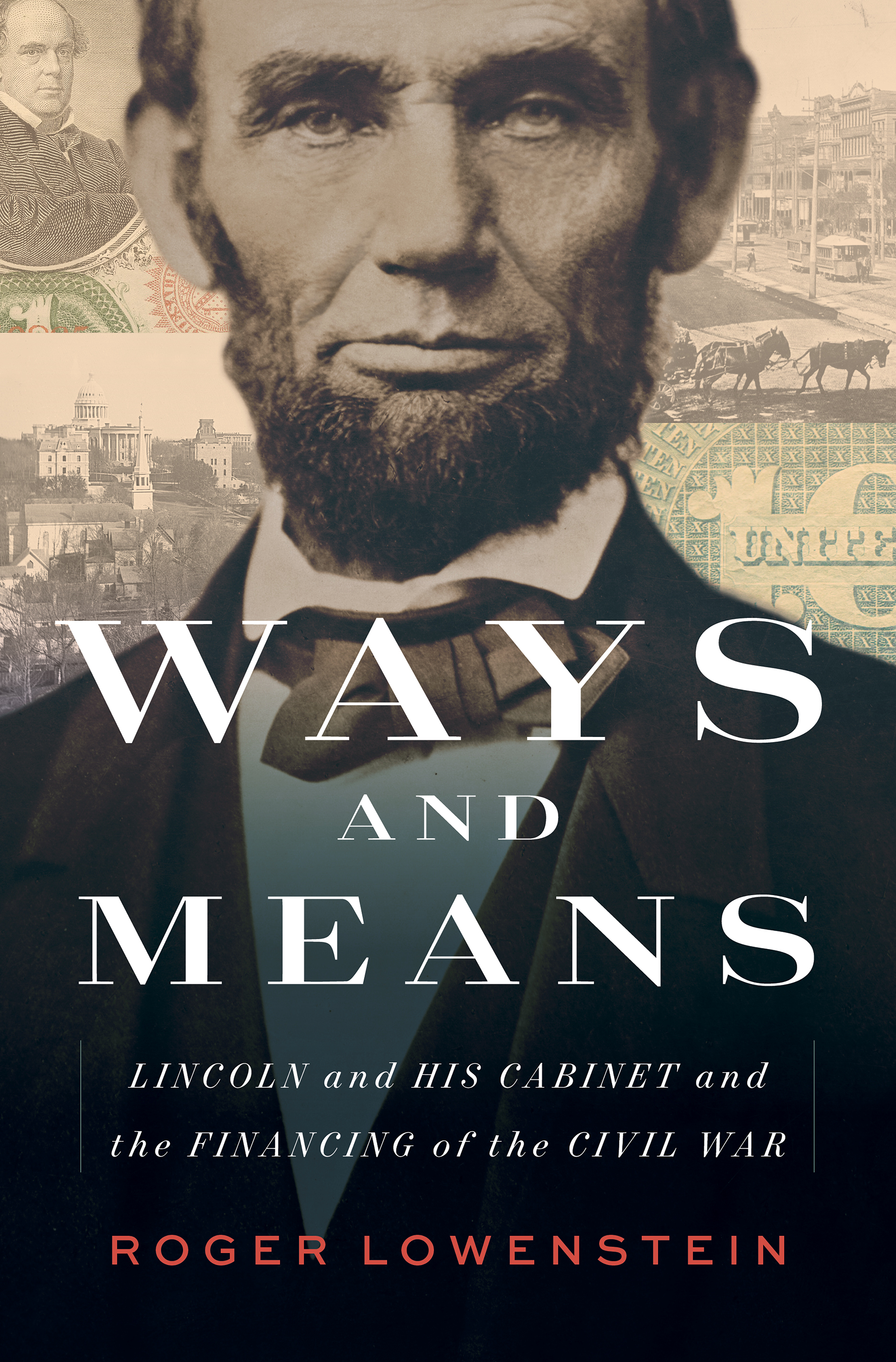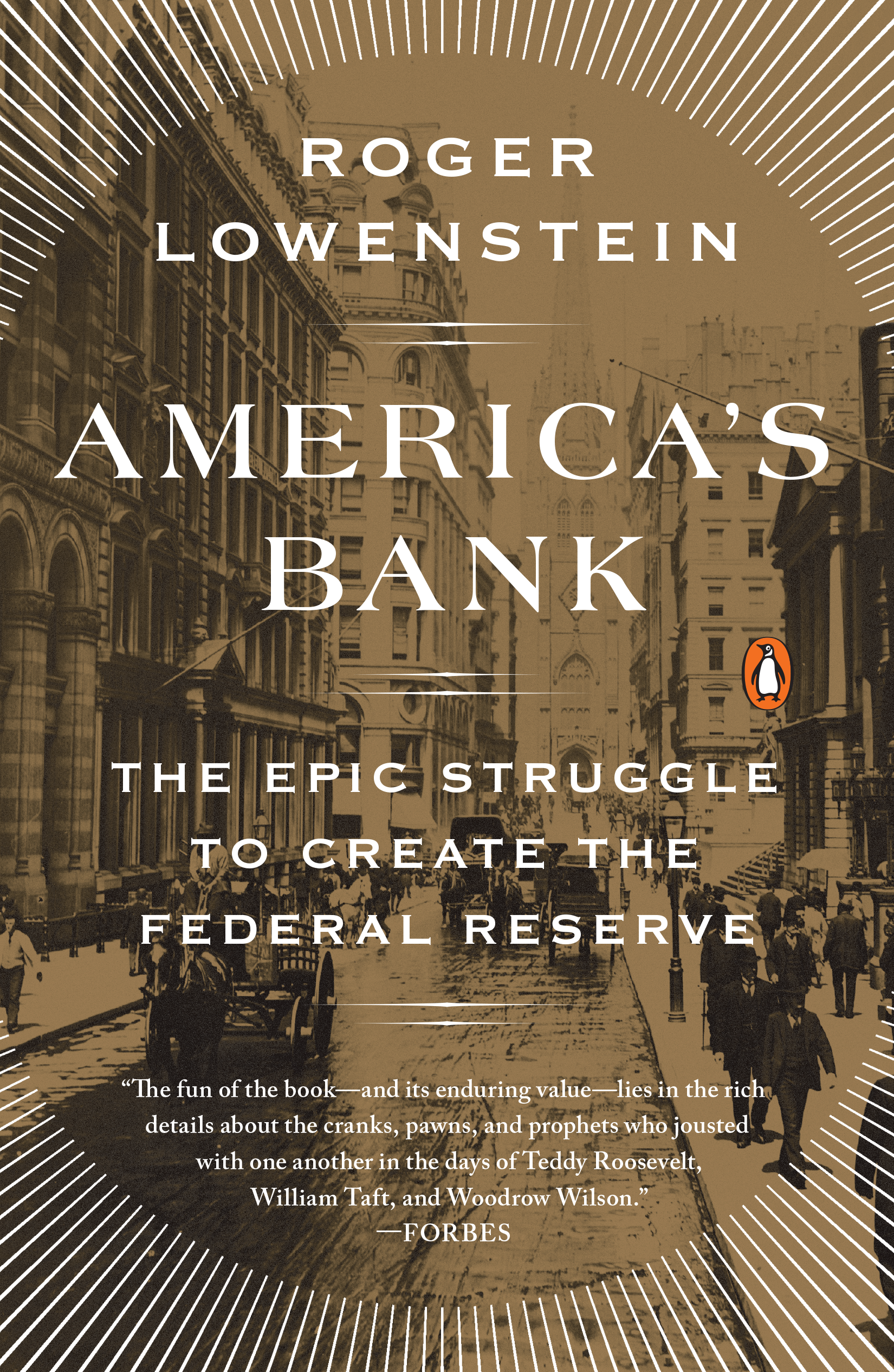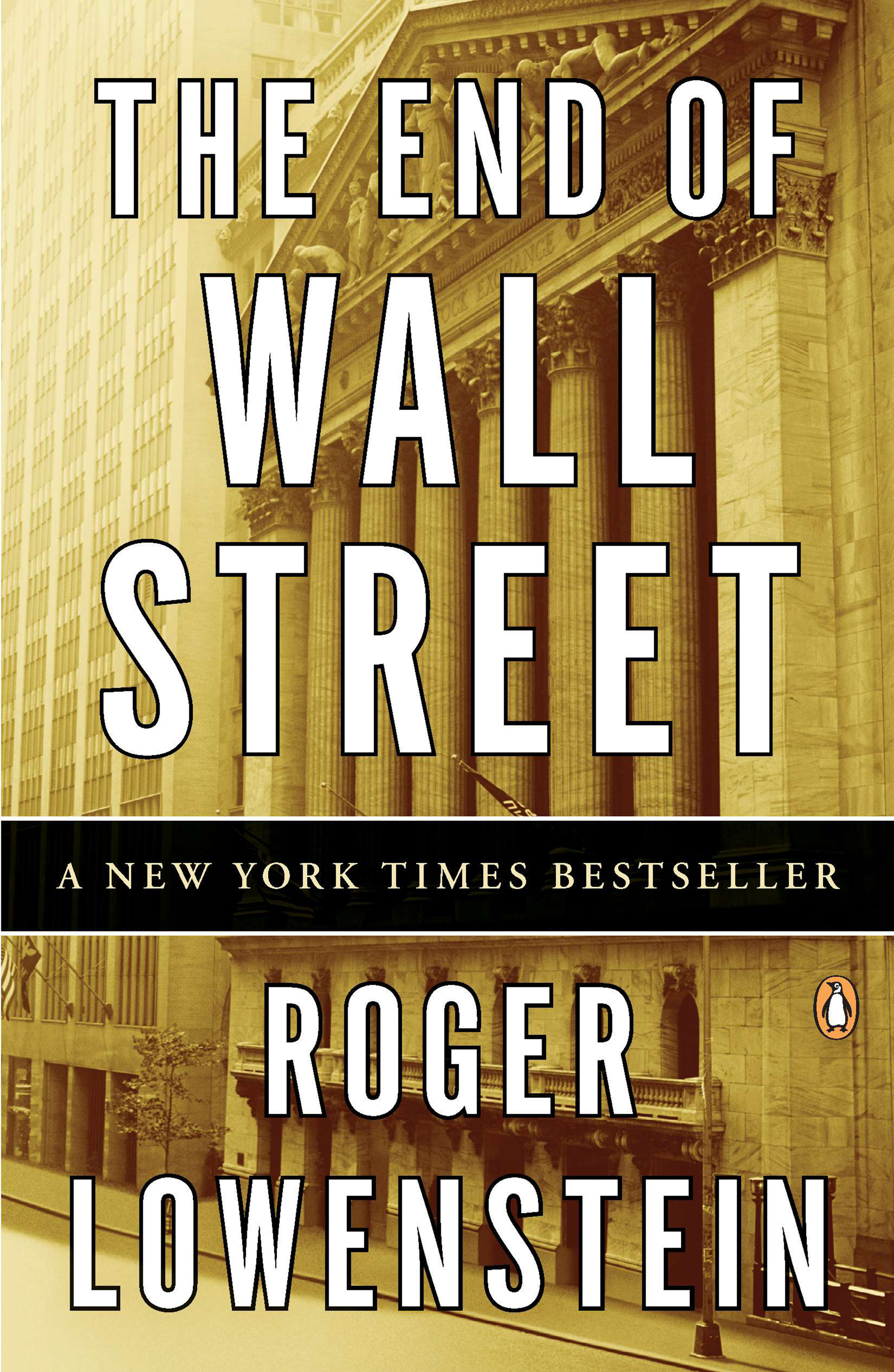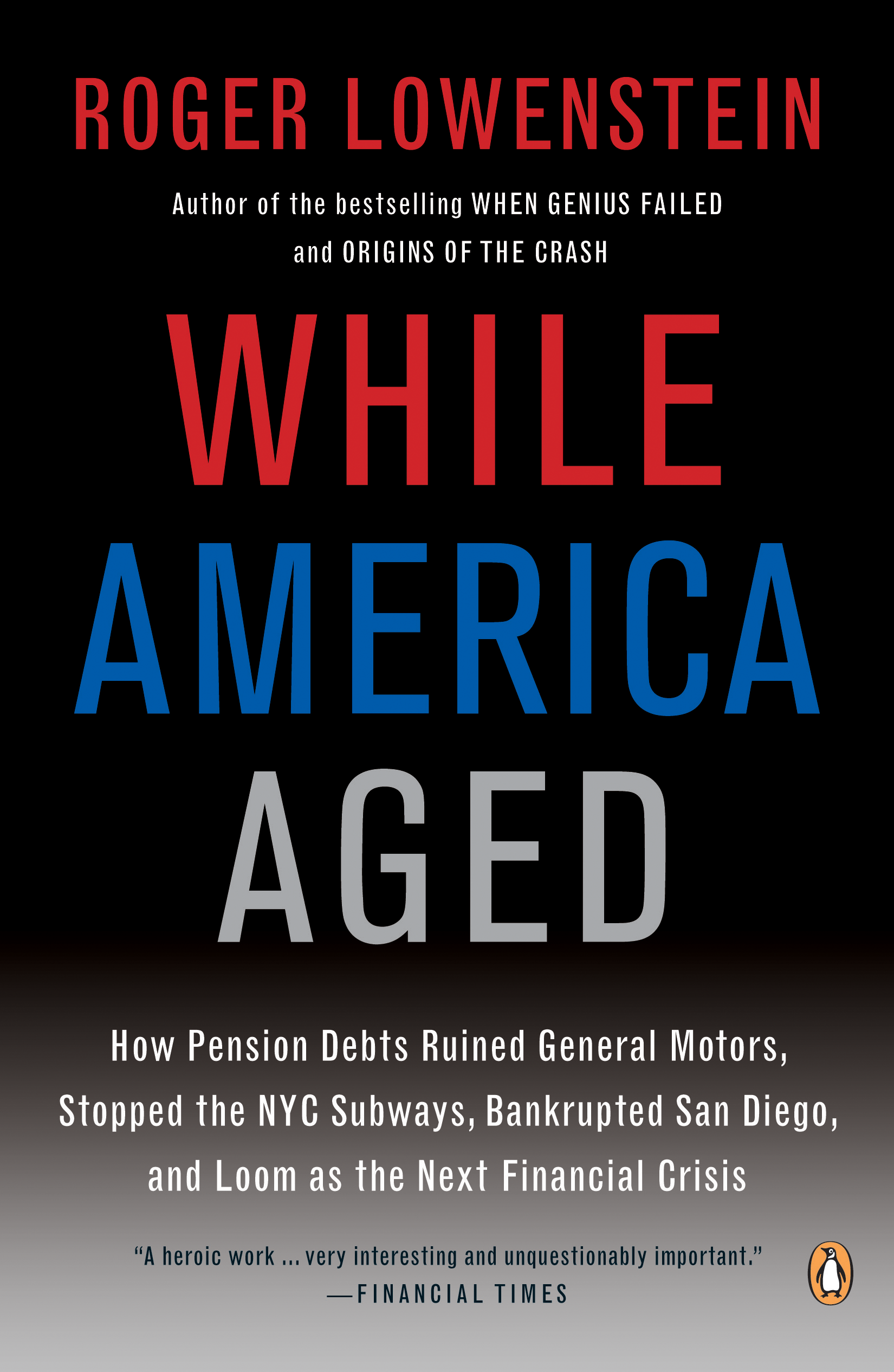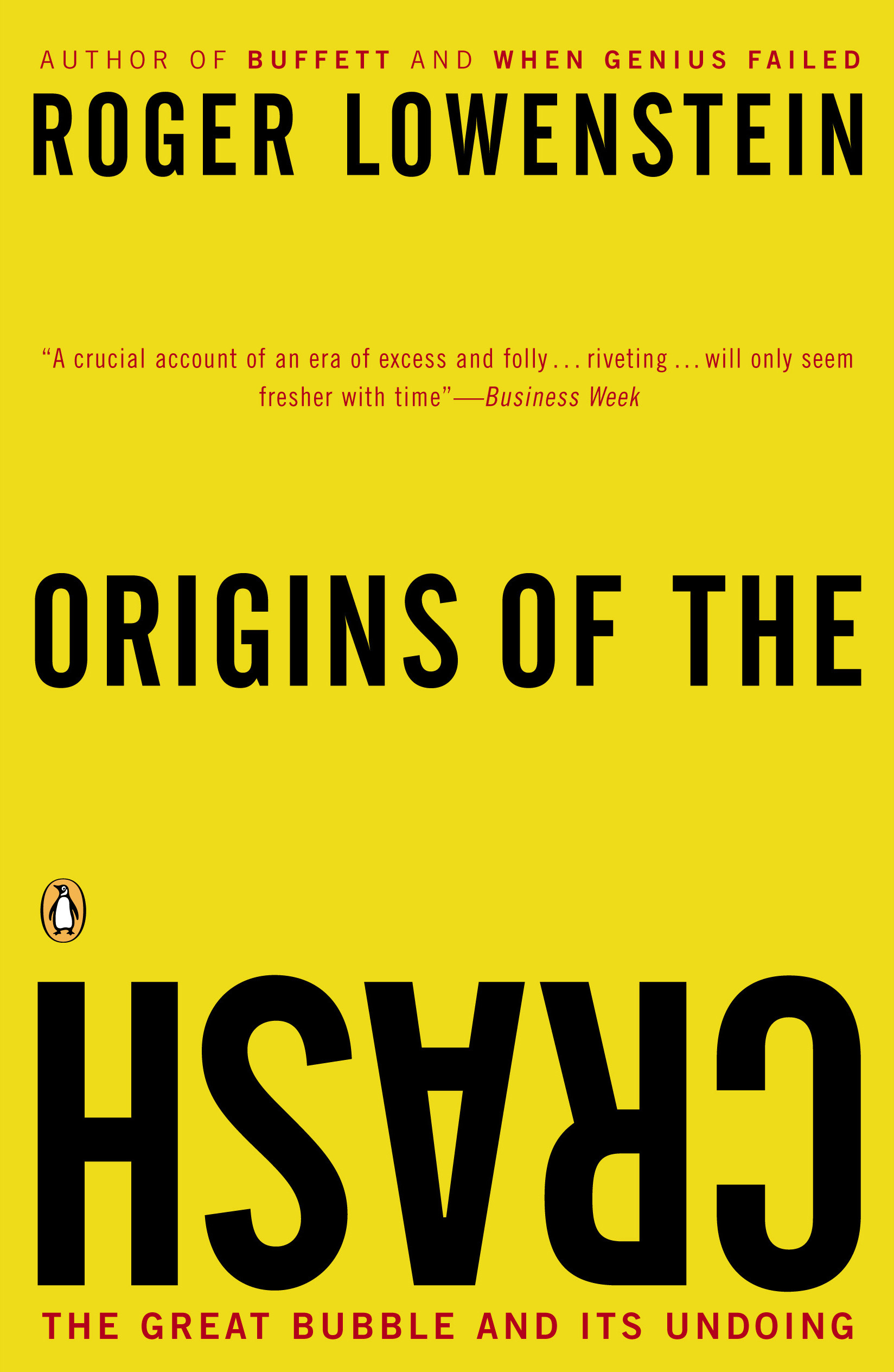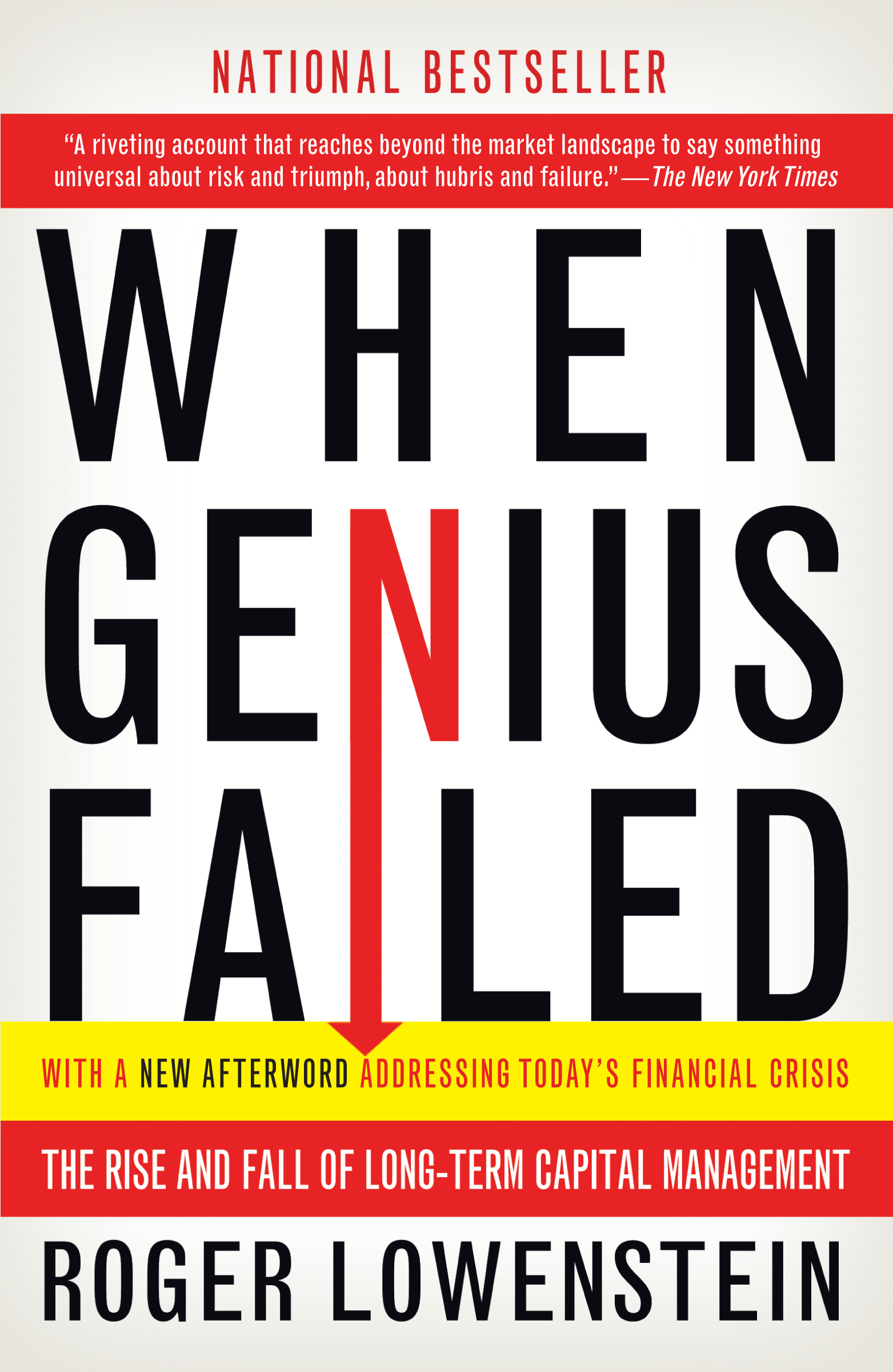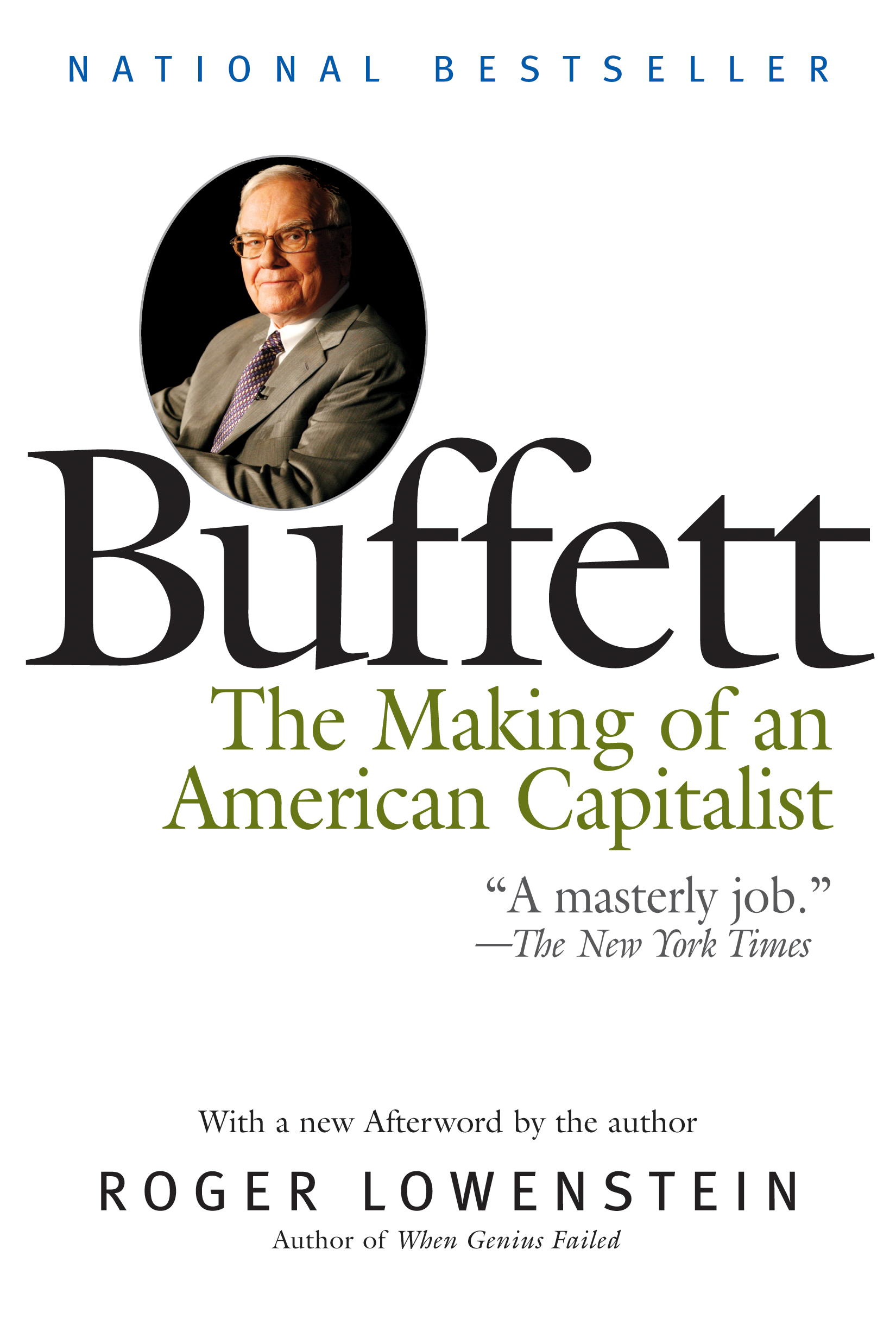rogerlowenstein.substack.com
Intrinsic Value Newsletter
@rogerlowenstein
Indiebound
•
Amazon
•
Barnes & Noble
Order Books, Ebooks and Audiobooks
Books by Roger Lowenstein
Ways and Means
Lincoln and His Cabinet and the Financing of the Civil War
A tour de force of historical reportage, America’s Bank illuminates the tumultuous era and remarkable personalities that spurred the unlikely birth of America’s modern central bank, the Federal Reserve.
Order on
IndieBound | Amazon | Barnes & Noble
America's Bank
The Epic Struggle to Create the Federal Reseve
A tour de force of historical reportage, America’s Bank illuminates the tumultuous era and remarkable personalities that spurred the unlikely birth of America’s modern central bank, the Federal Reserve.
Order on
IndieBound | Amazon | Barnes & Noble
The End of Wall Street
Lowenstein’s riveting, insider’s account of the Wall Street debacle of 2008.
Order on
IndieBound | Amazon | Barnes & Noble
WHILE AMERICA AGED
HOW PENSION DEBTS RUINED GENERAL MOTORS, STOPPED THE NYC SUBWAYS, BANKRUPTED SAN DIEGO AND LOOM AS THE NEXT FINANCIAL CRISIS
An ahead-of-its time forecast of the pension crisis facing America-and the road map for a way out.
Order on
IndieBound | Amazon | Barnes & Noble
Origins of the Crash
The Great Bubble and its Undoing
A brilliant dissection of why 1990s corporate America and Wall Street went off the rails.
Order on
IndieBound | Amazon | Barnes & Noble
When Genius Failed
The Rise and Fall of Long-Term Capital Management
The emblematic market meltdown story—how the smartest hedge fund ever failed.
A BUSINESS WEEK BEST BOOK OF THE YEAR
Order on
IndieBound | Amazon | Barnes & Noble
Buffett
The Making of an American Capitalist
The classic biography of America's most successful investor.
